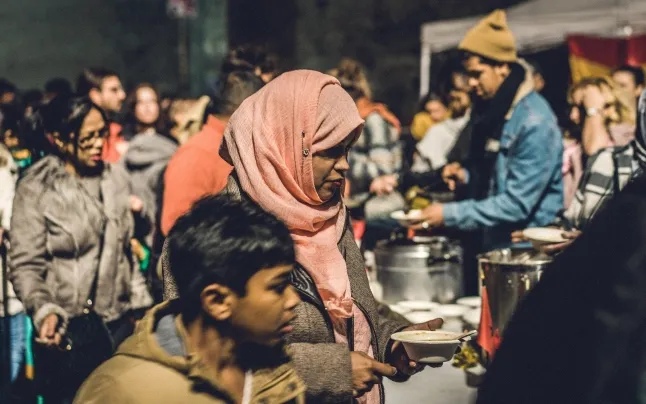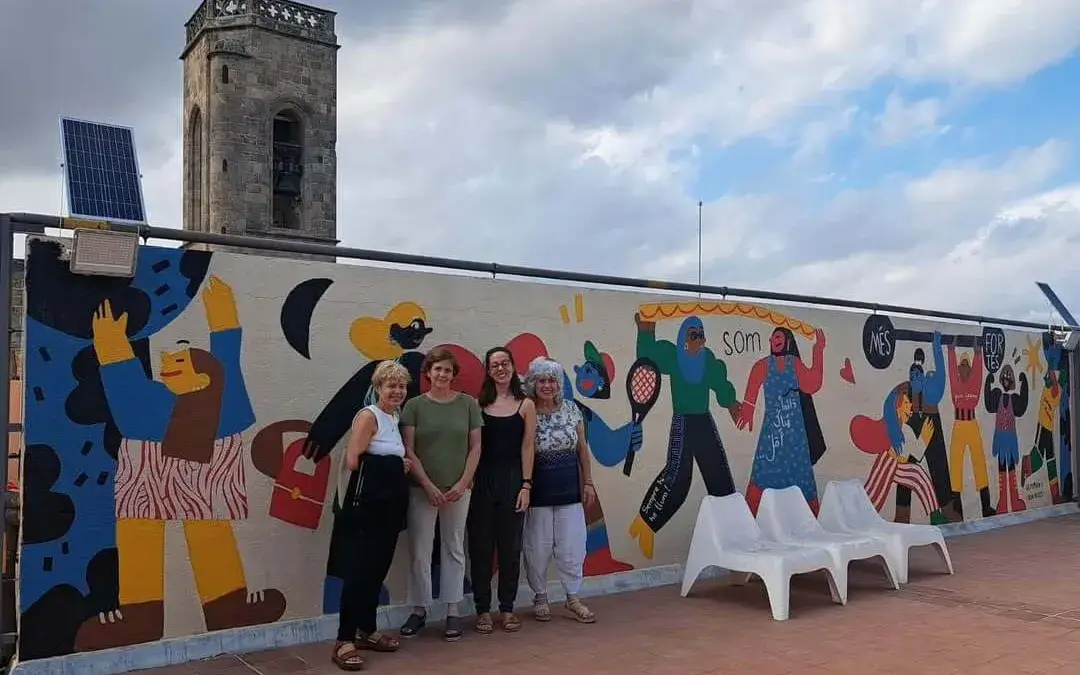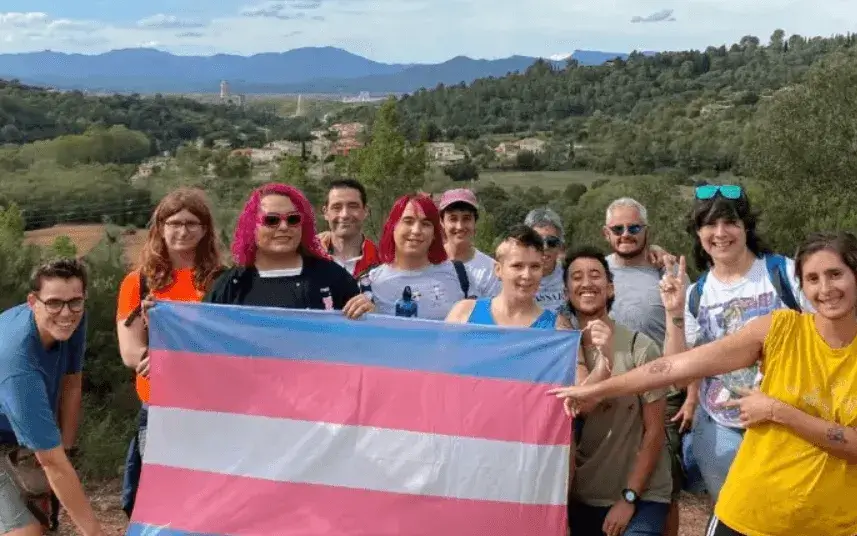Confinement is uncovering many of the inequalities that already existed before the health crisis which are now intensifying due to job insecurity and the digital gap.
The health emergency unleashed by Covid-19 has led to exceptional measures being taken around the world to avoid transmission. Confinement is one of the main measures established to prevent transmission and ensure good health among citizens.
Once the number of transmissions decreases and the confinement is reduced, the forecast of the situation in our society is not very positive. The cessation of the work activity is leading to an economic crisis that seriously affects vulnerable groups at risk of exclusion, but especially women.
Women's job insecurity
Nowadays there is a great number of women working against coronavirus: doctors, nurses, assistants, supermarket cashiers, chemists... However, we should focus on the other side of the story: precarious work, mostly carried out by women.
"We already suffered a gender gap, but the coronavirus crisis has even made it clearer. For example, the cleaning or care industry are clearly precarious, underrated and feminised sectors", says Anna Passarell, president of the MEVA Association, an organisation focused on assisting women at risk of job insecurity and male violence.
The most common precarious jobs are babysitters, domestic workers and caretakers of the elderly and dependent people. These jobs are usually part-time, discontinuous and seasonal. "Women are the ones who have more precarious, part-time and lower-income jobs because of the wage gap", says Laura Martínez, president of the Catalan Institute for Women.
Women who still work in these jobs are at risk of infection on a daily basis, even though they are a minority. Most of them live an extreme situation today because many of these jobs have been suspended, some of which were performed without an employment contract. Therefore, many women are now unemployed, without income nor unemployment subsidy.
It is important not to forget sex workers and women victims of human trafficking for sexual exploitation, "most of them are forced to work and expose themselves to infection, uncommunicated and even expelled from the properties where they worked and lived", explains Passarell.
Inequality and the digital gap
The situation unleashed by COVID-19 accentuates gender inequality and feminises poverty, since women suffer more than men from food insecurity, have lower income than men and have access to underpaid jobs. They are more vulnerable to extreme poverty and have fewer chances to access the labour market.
The entity Acció Contra la Fam fights against hunger and poverty all over the world by promoting equal opportunities. "Many women do not know if they will be able to pay rent, water and electricity bills or if they will be able to buy the food that they need", explains Beatriz Manzaneque.
This is the situation of many women in Catalonia. Rosa (not her real name), for example, is a single mother of three children from Ecuador who used to work as a home cleaning assistant in the mornings, but cannot do it anymore. Rosa is now living an extreme situation: she is already struggling to pay rent as well as to provide food to her and her children and to send money to her family.
We must bear in mind that gender inequality does not affect all women in the same way. For example, single households, comprised of single mothers, women over the age of 65, immigrant women...
Latin-American immigrant women are particularly susceptible to be at risk of exclusion and poverty. Due to a lack of opportunities, they usually perform precarious or irregular jobs, usually as cleaners or caretakers. Nevertheless, their country of origin also determines the degree of inequality in their lives.
The Associació Intercultural Diàlegs de Dona accomodates, accompanies and empowers immigrant women from Asia and North Africa living in the Raval neighbourhood of Barcelona.
"The women we work with were already in a situation of inequality before the pandemic when it came to training, employment, visibility... Mostly for being Muslims in a western territory", assures Fàtima Ahmed, co-founder of the association.
With the current health emergency inequality is even more acute. Both Diàlegs de Dona and Acció contra la Fam point out the digital gap. "Some participants in the Acció contra la Fam employment programs do not have a computer, nor the internet, and are only connected with their smartphones. Thus, they do not have access to social services' benefits because they can only apply for them telematically", says Manzanaque.
Ahmed explains that, even though they work with 300 women, they can only monitor 100 since the rest of them do not have the digital means to do so. "Everyone has a smartphone but not everyone has internet, a computer or a tablet at home. Most of the telematic procedures have been blocked, including some social benefits, due to the lack of digital resources".
Gender roles
The latest survey on Time Use in Spain indicated that women spend an average of 4 hours and 23 minutes a day on household chores, and unlike men, they spend 2 hours and 29 minutes every day in taking care of their family. How are these tasks distributed in households with children where adults work remotely?
"Women who work from home usually assume household chores, taking care of the children and of the dependent people too. In this situation of confinement this means an overload of work for all women, including housewives", says Passarell.
In the same way as women who work, housewives - who live more situations of inequality - see gender roles intensified. Mercè Amor, co-founder and project manager of Diàlegs de Dona, assures that the situation of many migrant women at home is very complicated. Mostly because they use to live in poorly ventilated small households where all the family must now stay.
"The digital gap does not allow children to follow school digitally, thus woman must take care of their children and her household chords are increased".
Besides, we must not forget male violence during confinement. "Women need a life and exit plan before they can make a complaint. The economic crisis caused by COVID-19 will complicate the male gender victims' chances to get out of this situation. For this reason, we fear that male violence reports may not be formalised today", says Martínez.









Add new comment